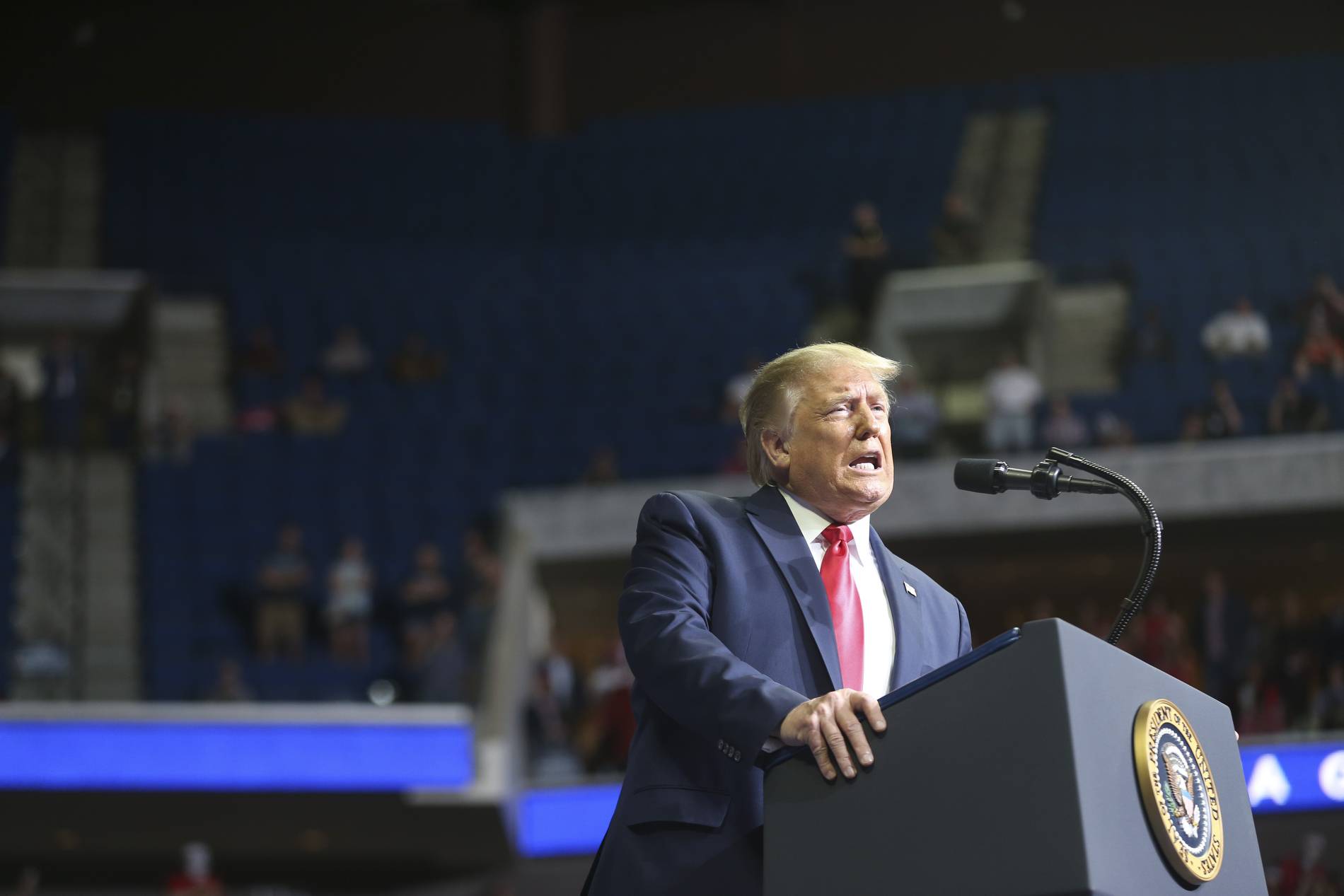America’s allies and rivals face a tough choice as Donald Trump trails in polls ahead of November’s presidential election: Wait to see if he loses to presumptive Democratic candidate Joe Biden, or cut deals now to avoid negotiating with an emboldened second-term Trump.The president addressed that dilemma himself in a tweet celebrating the release of an American prisoner, Michael White, from Iran earlier this month.
"Don’t wait until after U.S. Election to make the Big deal,” Trump wrote. "I’m going to win. You’ll make a better deal now!” The administration wielded the same warnings when pressing the World Health Organization during the COVID-19 pandemic for changes in order to get American funding flowing again, according to a person familiar with the discussions. The demand was the same, the person said: commit to reforms aimed at improving transparency and eradicating a perceived bias toward China, or expect to make more painful concessions if Trump is re-elected.
German Chancellor Angela Merkel may already have tasted the risks of snubbing the White House. Days after she refused Trump’s invitation to a Group of Seven summit he wanted to hold outside Washington this month, the administration announced plans to withdraw a quarter of U.S. troops currently stationed in Germany. Trump said he made that call because Germany still wasn’t on track to meet its commitment as a NATO member to spend 2 percent of gross domestic product on defense by 2024. Merkel, meanwhile, attributed her refusal to come to the U.S. to the pandemic, saying it was too early for an in-person meeting like the one Trump proposed.



















With your current subscription plan you can comment on stories. However, before writing your first comment, please create a display name in the Profile section of your subscriber account page.